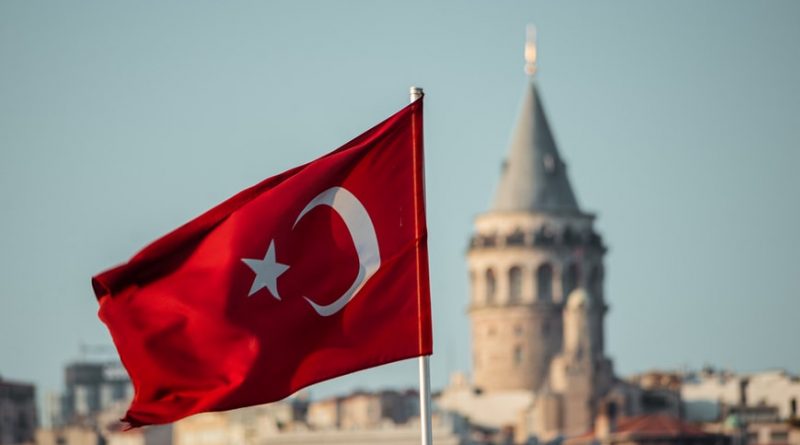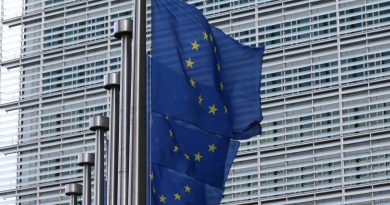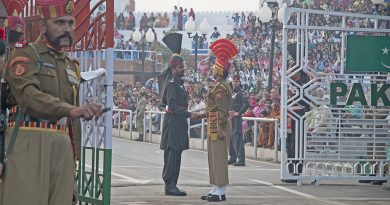A Looming Humanitarian Crisis Hands Turkey Bargaining Power in Europe
Zachary Schullian
Staff Writer
Following the Taliban’s capture of Afghanistan’s capital city, Kabul, on August 15, countries around the world are bracing for another mass migration of refugees. However, some leaders of Western European countries, such as, Germany and France—two of the most sought-after destinations by asylum seekers—are refusing to allow another migrant wave that resembles the Syrian refugee crisis in 2015.
Although it is not a Western European nation, Turkey also finds itself amid another migrant wave due to its geographic position linking Europe to the Middle East. Turkey, which wields great influence over the fate of migrants seeking entry into Europe, is in a unique position to act as a ‘gatekeeper’ of Europe and, as a result, has the necessary political incentives to determine its future relationship with the European Union (EU). There are two major ways Turkish President Tayyip Erdoğan could take advantage of this situation to further Turkey’s push towards becoming a regional superpower: take a hardline stance on immigration policy or politicize the situation to his advantage.
The first way is to remain strict on immigration policy and limit the number of refugees entering the country. By contrast, in recent years, Turkey has been known to be one of the most accepting countries of refugees. In 2014, Turkey strengthened its protections for refugees by granting them secure legal status for the first time. However, times have changed. Among other factors, the collapse of the Turkish Lira currency and September 2021’s sky-high inflation rate of 19.58 percent have aided the rise in anti-immigration sentiments. President Erdoğan has several options to use a looming wave of Afghan refugees to influence foreign relations. This time, however, his party must take heed to the increasingly anti-refugee national sentiments to remain in power for the 2023 elections.
Unfortunately for new asylum seekers from Afghanistan, Turkish citizens’ attitudes towards immigration have shifted negatively. Public sentiment towards refugees in Turkey was polled in a recent Metropoll survey, where two-thirds of Turks now want to seal their borders against migrants. These attitudes can be reflected in a recent incident this past August when a Turkish teenager was allegedly killed by a Syrian refugee. In response, a mob attacked Syrian homes and businesses in the capital, Ankara, wounding several people. Political dynamics in Turkey have changed accordingly, with President Erdoğan’s ruling Justice and Development (AKP) party changing its stance on the topic. The second-biggest party, the center-left Republican People’s party, has pledged to send back all Syrian refugees if it comes to power in the 2023 election. In a televised address last month, Erdoğan stated, “Turkey has no duty, responsibility or obligation to be Europe’s refugee warehouse.”
Within the last month, Erdoğan has publicly displayed a tough stance on immigration. According to reports, the EU had partially funded the construction of a third of Turkey’s 332-mile border with Iran. The hundreds of miles of walls being constructed on the Iranian and Syrian borders pose a serious challenge to asylum seekers from Afghanistan, although it is almost impossible to completely deter those in desperation. This strategy may not only cater to domestic interests but would likely improve Turkey’s relations with the EU and sustain European interests. However, there is a steep humanitarian cost to taking such an assertive position. Jindar Ucar, a lawyer who heads a refugee commission in the eastern city of Van, said, “Refugees are being pushed back into Iran…they are being treated like criminals.” He also noted that such practices violate international law as Iran does not qualify as a safe country.
The second way in which Erdoğan could use another migrant wave to position Turkey as a regional superpower would be to weaponize the situation as a foreign policy tool, or in the words of an EU diplomat, “blackmail.” One of the main reasons the EU was able to temporarily halt the flow of refugees was due to a deal negotiated with Turkey in March 2016. The EU paid Turkey six billion euros in exchange for Turkey to commit more resources toward hosting refugees. As neighboring Greece is a member of the EU, this would ideally allow the EU to devise a long-term strategy once the largest flows of migrants have been accommodated elsewhere. However, there has been no follow-up deal since then, despite Turkey hosting four million refugees from Muslim-majority countries, 3.6 million of whom are from Syria alone. Erdoğan has also said that the deal is flawed, especially due to what he describes as “slow” payments that are indirectly channeled through aid groups, not Turkey’s budget. Additionally, rights groups condemned the deal, claiming that it undermines international law as living conditions for those already living in distress were made worse.
Last year, in a move characterized by realpolitik amidst ongoing geopolitical tensions with Greece, Erdoğan threatened to send more refugees to the Greek island camps already operating at maximum capacity and offering poor living conditions to refugees. Conditions in these migrant camps have been described as “prison-like” by aid workers and refugees currently located there. Yet, several years after the 2015 migrant wave, there remain major struggles in coming up with a concrete plan that incorporates refugees into European life. Unfortunately for Greece, Erdoğan was aware of this weakness and sought to take advantage of Greece and the EU’s dependence on Turkey for keeping mass movements of refugees at bay.
Representatives of the Netherlands, Germany, France, and Italy were among the countries that proposed sending more money to Turkey as an extension of the 2016 deal. However, one diplomat reportedly said, “as much as it is logical for the EU to continue supporting Syrian refugees in Turkey, it is important not to create the impression of giving in to blackmail.” One senior EU diplomat stated he believed the EU had brushed the problem under the rug since the 2016 deal. The uncertainty following the deal’s life span of five years may have contributed to Erdoğan’s strategy of trying to take advantage of such a situation. It would be of little surprise to international leaders if, once again, Erdoğan were to blatantly politicize what should be a humanitarian issue to advance Turkey’s national interests. Unfortunately, an attempt to do so could come at the expense of migrants, aid workers, citizens, and the institutions of other European countries.
For decades, relations between Turkey and the EU have been full of complications. Most notably, there have been years of talks surrounding Turkey’s potentiality to become an EU member, but they have been halted for numerous reasons—one being the aggressive actions Erdoğan has taken to transform Turkey into a regional superpower. This can be seen most notably through Turkey’s involvement in the Syrian Civil War, the Libyan conflict, and last year’s dispute over the newly discovered oil fields near Cyprus.
Regardless of what the current stated agenda is, Erdoğan has shown to EU leaders time and again that he is not in lockstep with their agenda, despite sharing common national interests. EU politicians will be paying close attention to the destination of the new flows of Afghan refugees, and what concrete steps Erdoğan decides to take. What remains clear, though, is that no one wants, in the words of Armin Laschet, the former leader of Germany’s Christian Democratic Union political party, a repeat of 2015.




